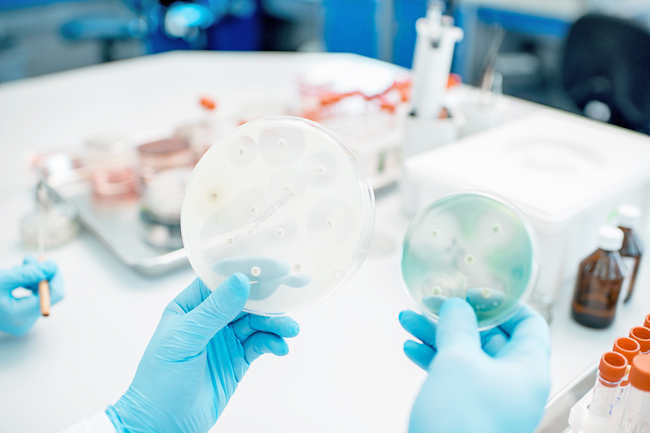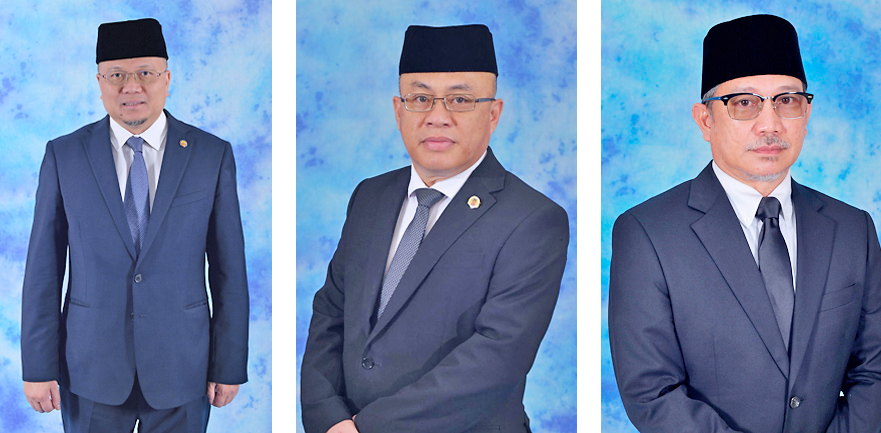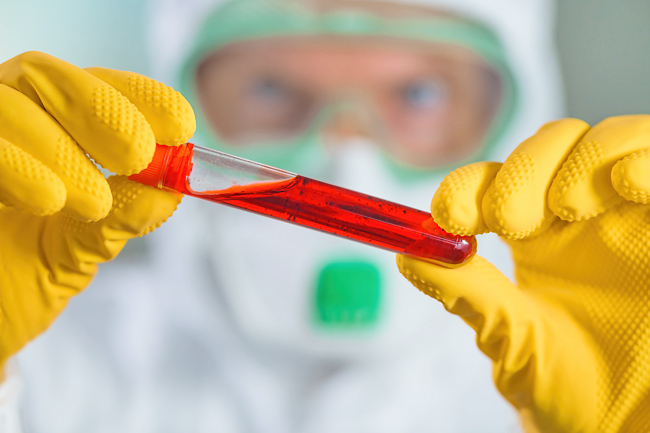Ministries join forces to tackle antimicrobial resistance in the Sultanate
Germs, present in humans, animals, food, plants, and the environment (water, land, and air), have the potential to spread between humans, from humans to animals, or within the environment, including food sources derived from animals. These micro-organisms can manifest in various organisms.
Antimicrobial resistance (AMR) is a natural occurrence when germs, including bacteria, viruses, parasites and fungi, no longer respond to antimicrobial medications.

Human activities, particularly the misuse or overuse of antimicrobials in humans, animals and plants, significantly contribute to the escalation of antimicrobial resistance.
This misuse leads to an increased risk of challenging or untreatable infections, the spread of diseases, and a heightened risk of severe illness and death on a global scale.
Despite being referred to as the ‘silent’ pandemic, the impact of AMR is acutely felt in human health, especially among vulnerable patients and healthcare workers.
Global data in 2019 indicated that nearly five million deaths were associated with AMR, with 1.27 million deaths directly caused by it.
This estimation surpasses the global death rate from other diseases, including the combined toll of HIV and malaria.
In Brunei Darussalam, like in many other nations, the impact of AMR is a stark reality encountered daily in both hospitals and communities. Numerous infections have demonstrated resistance to commonly used antibiotics, posing a significant challenge to healthcare and public health efforts.
United to deliver a joint message in observance of the World Antimicrobial Resistance Awareness Week were Minister of Health Dato Seri Setia Dr Haji Mohd Isham bin Haji Jaafar, Minister of Primary Resources and Tourism Dato Seri Setia Dr Haji Abdul Manaf bin Haji Metussin and Minister of Development Dato Seri Setia Awang Haji Muhammad Juanda bin Haji Abdul Rashid.

The three ministers shared that the universal awareness of AMR is highlighted this week with the aim of reminding us on the main global health issue and global health and its cross-cutting development challenges that cover sectors of human health, animal, agriculture and environment.
The collaboration among the ministries signals a concerted effort to address the multi-faceted aspects of antimicrobial resistance on a global scale.
The theme for World AMRe Awareness Week 2023 is ‘Preventing Antimicrobial Resistance Together,’ aligning with the ‘one health’ approach.
From the aspect of medicine, taking into account the development of new antimicrobial that are insufficient and more challenging infections, AMR is the biggest obstacle to undergo complex medical treatments and procedures as well as to treat the most vulnerable patients like those who are undergoing treatment of chemotherapy treatment, organ transplant, intensive care and treatment of serious infections.
It is now understood that AMR also exists outside of health sector. Therefore this calls for all stakeholders to carry out a collaborative approach to further reduce emergence and spread of AMR by identifying gaps within a country and then apply best practices in related fields such as the control of animal, plant and human infections, agriculture and process food as well as sanitation, antimicrobial regulation and most importantly instil education and awareness on AMR.
To ensure the success of the initiative, the World Health Organization (WHO) launched the Global Action Plan (GAP) on AMR in 2015 during the World Health Assembly. This marked a high-level political commitment by countries to tackle AMR.
The Food and Agriculture Organization (FOA) of the United Nations and the World Organisation for Animal Health (WOAH) subsequently confirmed their support for GAP. In 2016, they, along with WHO, established the crucial Tripartite Alliance for the One Health Approach to AMR. In 2022, the United Nations Environment Programme (UNEP) joined WHO, WOAH, and FAO, forming a quadripartite alliance to pursue a holistic ‘one health’ approach.
This collaborative effort aims not only to address AMR but also to achieve a more comprehensive goal – balancing and optimising the health of humans, animals, ecosystems, and the broader environment sustainably.
In 2018, Brunei Darussalam responded to the global call to address AMR by establishing the Brunei Darussalam Antimicrobial Resistance Committee (BDAMRC).
Comprising stakeholders from the Ministry of Health (MoH) and the Ministry of Primary Resources and Tourism (MPRT), the committee includes Technical Working Groups aligned with WHO’s Global Action Plan (GAP) against AMR.
In 2019, Brunei Darussalam unveiled its national action plan, outlining strategic initiatives within BDAMRC to comprehend and manage the risk factors associated with AMR.
This plan guides policy decisions aimed at reducing the impact on Brunei Darussalam across various sectors.
This year, BDAMRC achieves a significant milestone with the Ministry of Development officially becoming complete stakeholders of the committee, marking an important and meaningful step forward.
The World AMR Awareness Week, celebrated annually in November, is a pivotal global campaign addressing AMR. This year’s campaign marked a significant rebranding, transitioning from World Antimicrobial Awareness Week to World AMR Awareness Week. While a minor change, the addition of the word “resistance” is a noticeable shift that emphasises the significance of AMR and underscores the importance of raising awareness across various sectors.
In Brunei Darussalam, community members and individuals involved in relevant sectors can contribute to the fight against AMR.
It’s crucial that any antimicrobial treatment, whether for humans or animals, is supervised by a doctor or veterinarian. Adherence to instructions is paramount, and using antimicrobial medicine without infection should be avoided. Questions should be raised when there’s uncertainty about the treatment, and an active role in infection control and prevention is vital. At the community level, individuals can limit outings if experiencing flu-like symptoms, practice frequent hand hygiene, prioritise cleanliness in food and water preparation, and ensure regular vaccination according to individual health status.
AMR is a complex and critical health threat, requiring timely, continuous, and collaborative responses. Brunei Darussalam has demonstrated a high-level commitment through the ‘one health’ approach, and each individual is urged to play a role in preserving antimicrobial effectiveness, contributing to a healthier and sustainable future.

The MoH and the MPRT have collaborated on a range of joint activities organised through the BDAMRC.
These initiatives build on the momentum from previous years, encompassing events like the 13th Farmers, Livestock Breeders, and Fishermen’s Day celebration held by the MPRT on November 4.
Other activities include a public webinar, the appointment of AMR champions from both the MoH and the MPRT, and a comprehensive social media and mass media campaign jointly conducted by the two ministries.
The collaborative effort underscores a commitment to addressing AMR through a holistic and united approach. – James Kon




